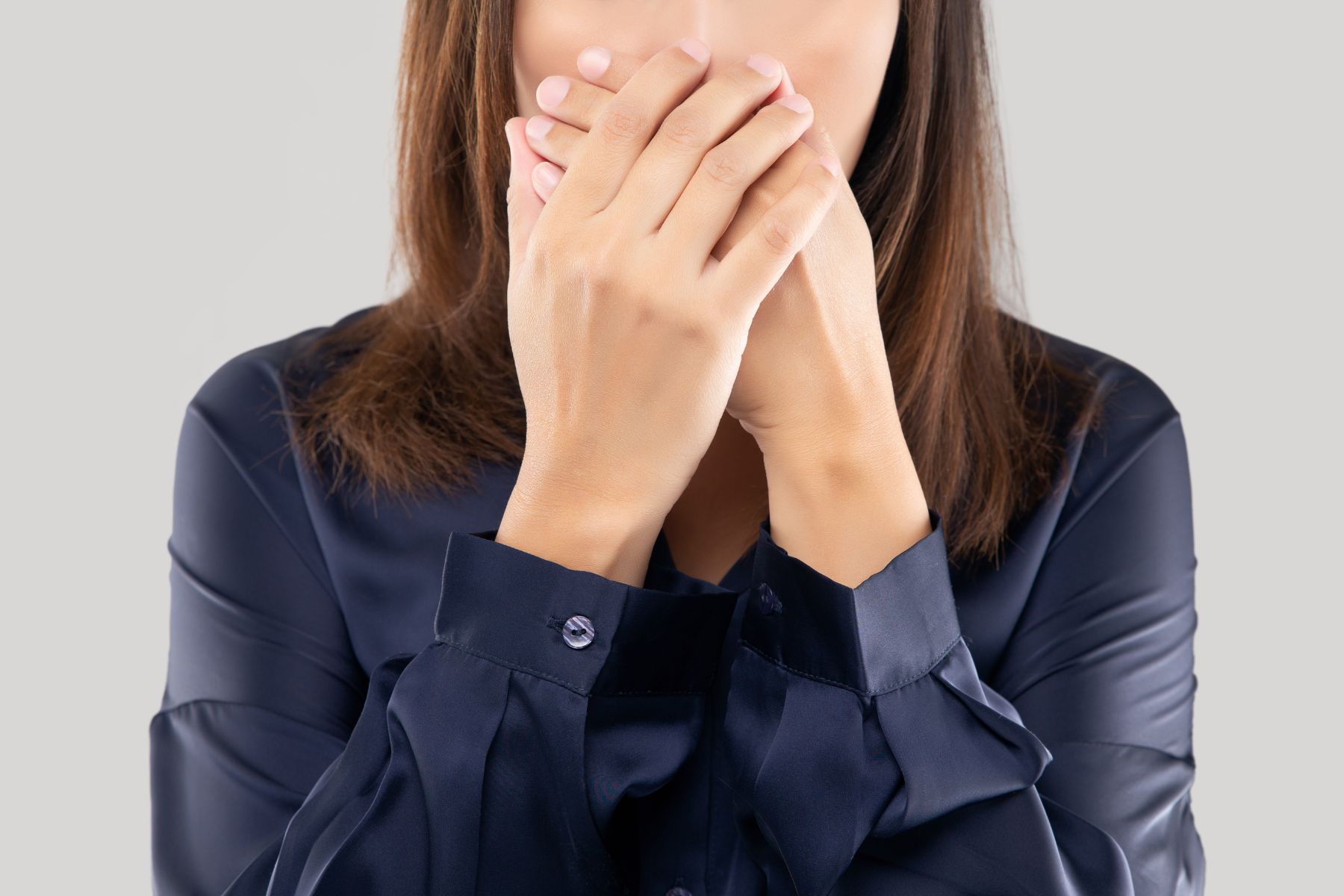Photo by Prostock-studio On Envato Elements
Do you have fresh breath? According to research, more than 80 million individuals experience chronic halitosis, also known as bad breath, and approximately half of adults have experienced it at some stage. The majority of cases are caused by issues with the gums and tongue.
Having bad breath can be quite awkward, however, it is a prevalent issue that can be avoided. To combat bad breath and maintain a healthy mouth, implement these nine recommendations:
Make sure to brush your teeth two times per day.
To effectively remove plaque and food debris, it is recommended to brush your teeth for two to three minutes, twice a day. It is essential to be aware of when to brush, especially during breakfast, and to always brush before going to bed. Incorporating a brushing routine with baking soda can help decrease acidity and inhibit the growth of bacteria responsible for bad breath.
It is important to floss every day to maintain good oral hygiene.
Flossing is necessary to eliminate food particles that are stuck between the teeth and cannot be reached by a toothbrush. Neglecting to remove these particles may result in bacteria feeding on them, leading to the development of unpleasant breath.
Cleanse your tongue by brushing or scraping it.
It is important to regularly clean your tongue to prevent halitosis, as bacteria can accumulate on its rough surface. It is necessary to clean the entire surface, including the taste buds and folds, to remove any buildup. A plastic tongue scraper, which can be purchased at drugstores for a low cost, is an effective tool for this task. Alternatively, one can also use a toothbrush to brush the tongue.
Employ a mouthwash.
Using a mouth rinse to cover up the smell will not solve the root cause of chronic bad breath caused by a dental issue. It may even aggravate the issue by irritating the tissues in the mouth.
Instead of using traditional mouthwash, consider trying a simple rinse using a combination of water and a small amount of peppermint oil. Another alternative is to rinse with either black or green tea. According to two separate studies conducted by Pace University and the University of Illinois at Chicago, this method has been found to effectively inhibit the growth of odor-causing bacteria in the mouth.
Schedule an appointment with your dentist.
If you are unsure if you have chronic bad breath, it is recommended to visit your dentist. They can assess the extent of the issue and determine its severity.
A dentist can assess any issues related to oral health and may recommend a consultation with your family doctor or a specialist if the problem is suspected to be caused by an internal infection.
Eliminate the habit of smoking and steer clear of using tobacco products.
For those who are looking for another incentive to quit, here’s a simple one: Smoking can cause bad breath. The use of tobacco can lead to a parched mouth and result in an unpleasant odor that persists even after brushing your teeth.
Quench your thirst
To avoid bad breath caused by dry mouth, it is important to consume an adequate amount of water every day (six to eight 8-ounce glasses). By drinking water, you can effectively control odor as it helps to eliminate food particles and bacteria, which are the main culprits of bad breath.
If you experience persistent dryness of the mouth or are prescribed medications that may result in dry mouth, it is advisable to consult with your dentist regarding the possibility of using a non-prescription saliva replacement.
Consume a sugar-free piece of candy or masticate on sugar-free gum.
One way to promote saliva production is by consuming sugarless candy or chewing sugarless gum. The increased saliva flow can aid in removing food particles and bacteria, which are responsible for causing unpleasant breath.
Indulge in crunchy fruits and vegetables.
In between meals, snacking on carrots, celery sticks, and apples can boost saliva production and effectively rinse away bacteria. These snack options can also aid in reducing bad breath that may be caused by hunger or fasting. Skipping meals can result in an empty stomach, leading to the accumulation of stomach acids and resulting in unpleasant breath.




